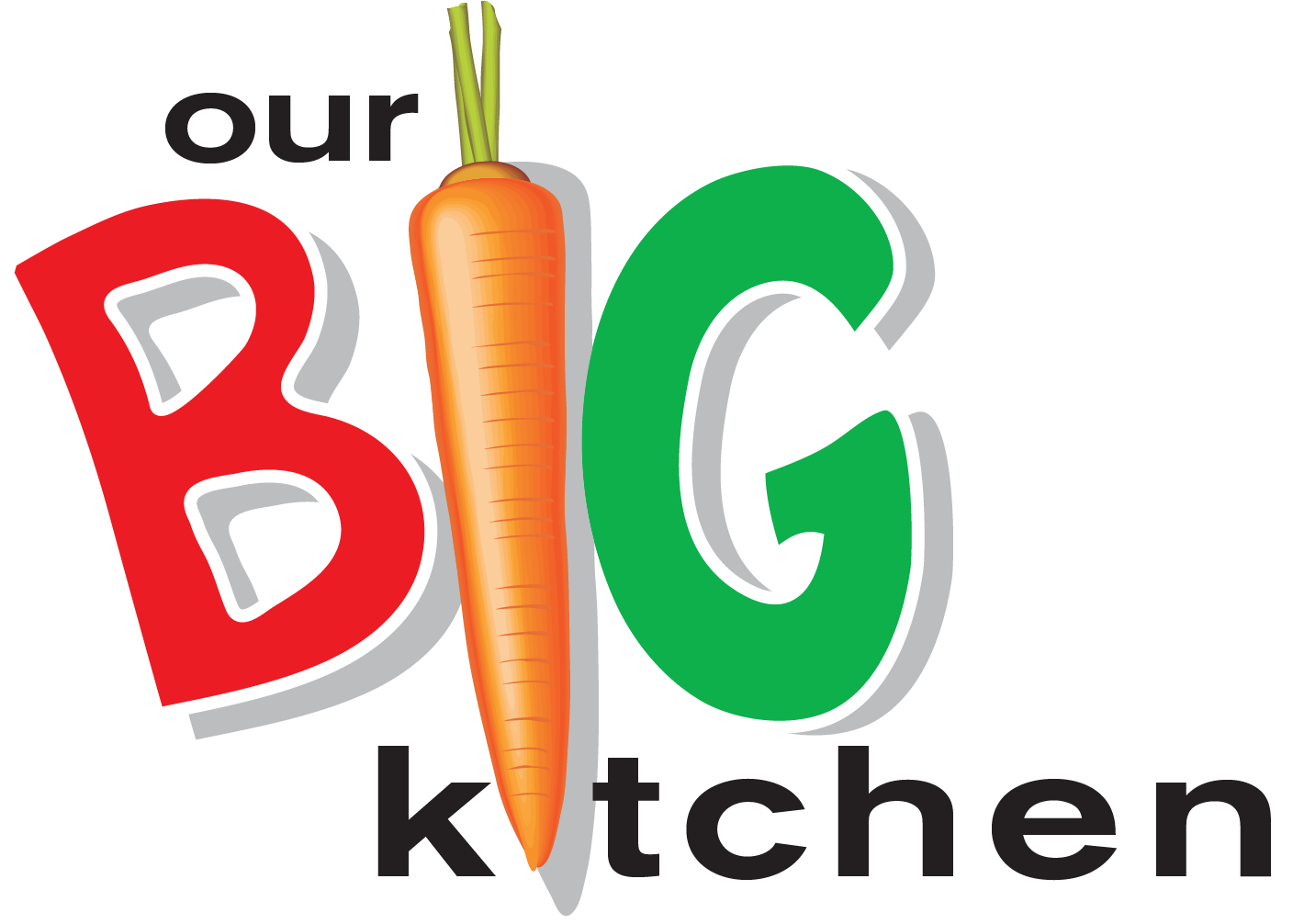Child and Youth Volunteering: How to Involve Young People in Soup Kitchens
- onsite49
- Aug 21, 2023
- 3 min read
Volunteering is a meaningful endeavour that can greatly contribute to a person's overall development, particularly among children and young people. This exposure provides an array of benefits, from nurturing empathy and kindness to promoting self-confidence and instilling a sense of civic responsibility. This article, designed for the Australian audience and on behalf of Our Big Kitchen, explores how to involve children and young people in soup kitchens – an experience that can be both fulfilling and enlightening.

The Importance of Volunteering
It's vital to understand why volunteering is so important in child and youth development. The act of giving one’s time and energy towards a greater cause helps young individuals learn empathy, compassion, and the value of community service. Volunteering provides a hands-on education about social issues, creating a space where young people can understand and appreciate the challenges others face.
In soup kitchens, young volunteers can see firsthand the struggles of food insecurity and homelessness, issues that are often hidden from their daily lives. By engaging with these realities, they gain a nuanced understanding of these societal problems and the ways they can contribute to their solutions.

Age-Appropriate Involvement
It's crucial to create age-appropriate tasks and responsibilities for young volunteers in soup kitchens. Here are some suggestions:
Children (5-12 years old)
Under adult supervision, they can assist with straightforward tasks like setting tables, sorting food donations, and creating takeaway bags. Additionally, kids can engage in activities like making greeting cards for patrons, promoting a sense of joy and kindness.
Teenagers (13-17 years old)
As they grow older, teenagers can take on more complex tasks. They can assist in preparing meals, serving food, and clean-up operations. Their involvement can also extend to planning food drives or awareness campaigns in their schools or local communities.
Safety and Supervision
Safety is paramount when involving children and young people in soup kitchens. Adequate supervision is necessary to ensure they are safe and the tasks they're involved in are carried out effectively. Here are a few tips:
Appropriate Supervision
Ensure that there are enough adults to supervise the young volunteers. This could include parents, soup kitchen staff, or volunteers from the community.
Safety Training
Before beginning their volunteering stint, the children should be provided with safety training. This could cover basic food safety, handling kitchen equipment, and understanding the importance of cleanliness and hygiene.
Child-Friendly Environment
Make sure the environment is welcoming and safe for children. This includes having kid-friendly equipment and utensils and creating a respectful and inclusive atmosphere.
Fostering an Atmosphere of Inclusivity
An environment that embraces diversity and nurtures inclusivity is key to fostering a sense of belonging among young volunteers. Here are some strategies:
Promoting Diversity: Encourage a diverse mix of volunteers. This helps children appreciate different perspectives and promotes tolerance and understanding.
Nurturing Emotional Safety: Foster an atmosphere of emotional safety. This involves promoting respectful interactions and providing support for children to express their thoughts and feelings.

Encouraging Participation
Once we ensure a safe and suitable environment for children and young people, the next step is to encourage their participation. Here are some ways to do this:
Family Volunteering: Encourage families to volunteer together. This not only provides a shared experience but also allows parents to model the values of service and community.
School Collaborations: Reach out to local schools and propose a collaboration where students can volunteer as part of their community service or curriculum activities.
Youth Groups: Partner with local youth groups, scout groups, or sports clubs. These institutions often encourage community service and can provide a steady stream of young volunteers.
Events and Recognition: Organise special events and provide recognition for young volunteers. Certificates, awards, or simply words of appreciation can motivate them and validate their contributions.

Lessons and Reflection
Beyond just serving food, we should strive to provide an experience that fosters learning and reflection. This can be done through:
Education
Use the soup kitchen experience as an opportunity to educate children about food waste, food security, and homelessness. This can be done through discussions, presentations, or inviting guest speakers.
Reflection
Encourage children and young people to reflect on their experiences. This can be done through discussions, diary entries, or art projects. Reflection helps them process their experiences and solidifies the lessons they've learned.
Continued Engagement
Encourage sustained involvement. Regular engagement provides an opportunity to witness the direct impact of their efforts and strengthens their sense of commitment.

Involving Today’s Youth in Soup Kitchen Volunteering
Engaging children and young people in soup kitchens can be a rewarding endeavour that teaches them invaluable lessons about empathy, community, and social responsibility. By providing them with age-appropriate tasks, ensuring their safety, encouraging participation, and facilitating learning and reflection, we can create an enriching and impactful experience for our young volunteers. After all, these children and young people are not just the leaders of tomorrow, but also the compassionate helpers of today. Are you a youth who wants to volunteer at OBK? Get started today!
